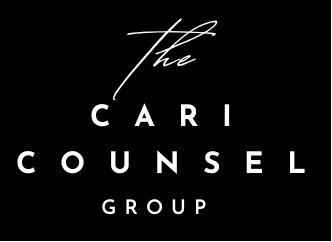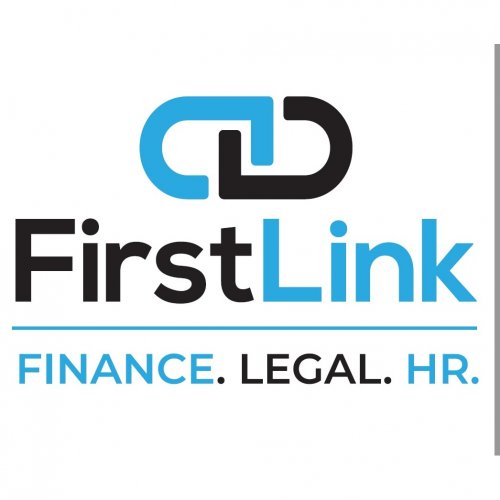Best Trusts Lawyers in Trinidad and Tobago
Share your needs with us, get contacted by law firms.
Free. Takes 2 min.
Or refine your search by selecting a city:
List of the best lawyers in Trinidad and Tobago
About Trusts Law in Trinidad and Tobago
The concept of a trust in Trinidad and Tobago involves a legal arrangement where a person (the trustee) holds property for the benefit of another person (the beneficiary). Trusts are governed by both statutory law and principles of common law. The Trustee Act is a significant piece of legislation that outlines the duties and responsibilities of trustees, while other regulations may govern specific types of trusts, such as charitable trusts. Trusts can be created for various purposes including estate planning, asset protection, and charitable activities.
Why You May Need a Lawyer
There are several instances where an individual might require the assistance of a lawyer when dealing with trusts:
- Estate Planning: When setting up a trust as part of a comprehensive estate plan to ensure a smooth transfer of assets to beneficiaries.
- Trust Administration: To assist in the ongoing management and administration of trusts, ensuring compliance with legal obligations.
- Dispute Resolution: When there are disputes amongst beneficiaries or between beneficiaries and trustees regarding trust management or fund distribution.
- Asset Protection: To structure a trust in a way that protects assets from creditors or other external risks.
- Tax Considerations: For advice on the tax implications associated with the creation and operation of trusts.
Local Laws Overview
Trusts in Trinidad and Tobago are primarily governed by the Trustee Act, which sets out the framework for the creation and administration of trusts. This law covers aspects such as:
- Duties and Powers of Trustees: Trustees must act in the best interest of the beneficiaries, manage trust assets prudently, and obey the terms of the trust document.
- Creation of Trusts: Outlines the requirements for establishing a valid trust, including the need for a written trust document, named beneficiaries, and clear trust purpose.
- Beneficiary Rights: Beneficiaries have rights to information about the trust and can take legal action if trustees do not administer the trust correctly.
- Types of Trusts: The law recognizes various types of trusts including living trusts, testamentary trusts, and charitable trusts.
- Trustee Liability: There are provisions outlining the liabilities trustees face in case of breaches in their fiduciary duties.
Frequently Asked Questions
What is a trust?
A trust is a legal arrangement where a person or entity holds assets for the benefit of others. It separates legal ownership and beneficial interest.
Who can be a trustee in Trinidad and Tobago?
Anyone who is legally capable, including individuals and corporate entities, can be appointed as a trustee.
How is a trust created?
A trust can be created through a written agreement or deed, specifying the trust assets, beneficiaries, and trustee responsibilities.
What are the duties of a trustee?
A trustee is responsible for managing trust assets responsibly, maintaining accurate records, and acting in the best interest of the beneficiaries.
Can a trust be changed or revoked?
Whether a trust can be changed or revoked depends on whether it is revocable or irrevocable, as specified in the trust document.
Are trusts subject to taxes in Trinidad and Tobago?
Yes, trusts may be subject to taxes, including income tax on trust income or capital gains tax depending on the situation.
What is a beneficiary?
A beneficiary is a person or entity who benefits from the trust, receiving income or assets from the trust.
Can a trustee be held liable for mismanagement?
Yes, a trustee can be held personally liable for failing to properly manage a trust or breaching their fiduciary duties.
What is a testamentary trust?
A testamentary trust is established under a will and comes into effect upon the death of the person who created the will.
How can I choose the right type of trust?
The right type of trust depends on individual goals such as asset protection, tax planning, or specific family needs, requiring consultation with a legal advisor.
Additional Resources
For further assistance, consider reaching out to the following resources:
- Ministry of Legal Affairs: This governmental body provides legal resources and information on creating and managing trusts.
- The Law Association of Trinidad and Tobago: Offers directories and resources for finding qualified legal professionals specializing in trusts.
- Financial Services Ombudsman: Provides guidance and dispute resolution for financial services including trust management.
- Online Legal Platforms: Websites offering articles, guides, and templates relevant to trusts and estate planning.
Next Steps
If you need legal assistance regarding trusts, consider the following steps:
- Research: Gather information and understand your specific needs related to trusts.
- Consult a Lawyer: Seek advice from a legal professional specializing in trusts to explore your options.
- Prepare Documentation: Gather all necessary documents and information related to your assets and beneficiaries.
- Establish and Manage Trusts: Work with your lawyer to create and manage trusts in accordance with local laws and your objectives.
- Review Regularly: Periodically review your trust arrangements with legal advisors to ensure continued alignment with your goals and compliance with any legal changes.
Lawzana helps you find the best lawyers and law firms in Trinidad and Tobago through a curated and pre-screened list of qualified legal professionals. Our platform offers rankings and detailed profiles of attorneys and law firms, allowing you to compare based on practice areas, including Trusts, experience, and client feedback.
Each profile includes a description of the firm's areas of practice, client reviews, team members and partners, year of establishment, spoken languages, office locations, contact information, social media presence, and any published articles or resources. Most firms on our platform speak English and are experienced in both local and international legal matters.
Get a quote from top-rated law firms in Trinidad and Tobago — quickly, securely, and without unnecessary hassle.
Disclaimer:
The information provided on this page is for general informational purposes only and does not constitute legal advice. While we strive to ensure the accuracy and relevance of the content, legal information may change over time, and interpretations of the law can vary. You should always consult with a qualified legal professional for advice specific to your situation.
We disclaim all liability for actions taken or not taken based on the content of this page. If you believe any information is incorrect or outdated, please contact us, and we will review and update it where appropriate.
Browse trusts law firms by city in Trinidad and Tobago
Refine your search by selecting a city.














